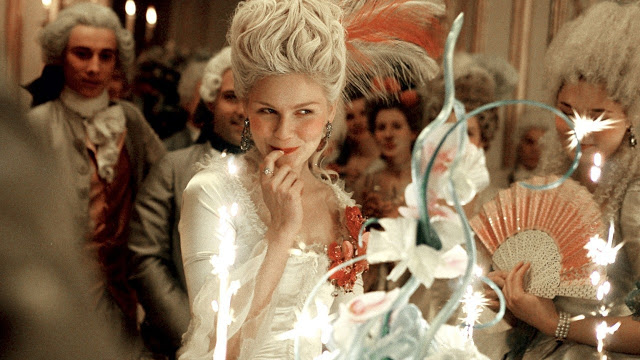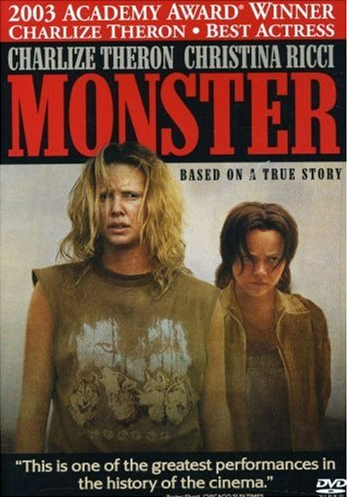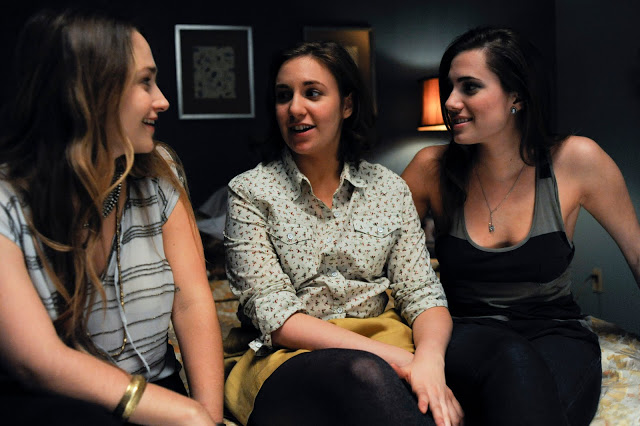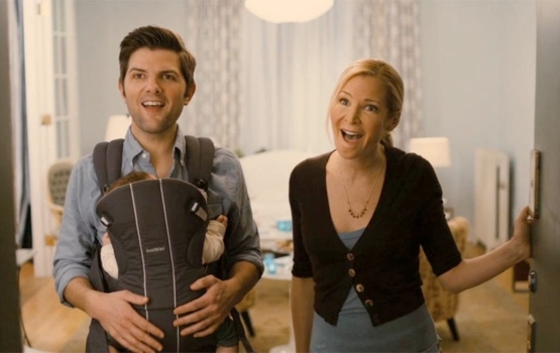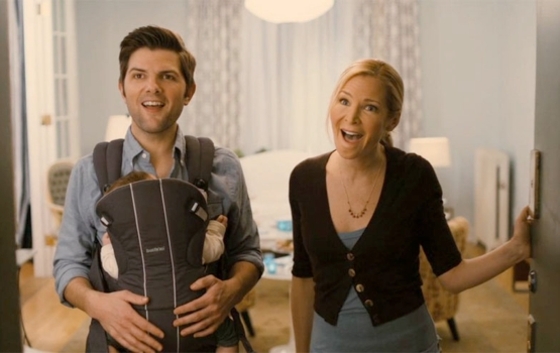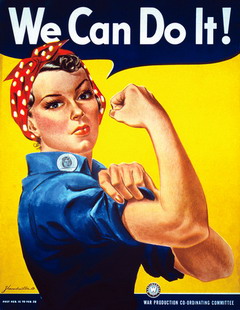 |
| Brave‘s Merida (Kelly MacDonald) via Disney Pixar |
Originally published at Fem2pt0.
Merida (Kelly MacDonald) is a feisty Scottish highland princess. Her mother, Queen Elinor (Emma Thompson – is there nothing she can’t do??), wants her to be poised, articulate, and reserved – a proper princess. Merida wants none of that. A fierce archer, echoing Hunger Games’ Katniss Everdeen, she would rather ride horseback and explore. Her mother wants her to obey the rules and follow tradition. Merida wants the freedom to create her own destiny.
When we see a female lead, they’re usually the only girl or woman, surrounded by dudes as friends or love interests. We rarely see women working together in films, particularly children’s films. Yes, Queen Elinor wants Merida to get betrothed in an arranged marriage. But Merida defiantly rebels against this tradition. There’s no love interest. No romance. No winning the affection of a man. Instead, Merida competes for her own hand in marriage.
Passing the Bechdel Test, Brave captures the loving yet sometimes contentious relationship between mothers and daughters. Director Brenda Chapman was inspired to create the story by her own relationship with her daughter. Often in children’s films, the mother is absent or dead. As if the daughter just sprang from her father the way Athena emerged from Zeus. Now I’m all for single parents. I was raised by a single mom. But it’s disturbing we don’t see mothers. Queen Elinor was never villainized. Both Merida and her mother just want to be heard.
 |
| Merida (Kelly MacDonald) and her mother Queen Elinor (Emma Thompson) |
Something else unusual — something that shouldn’t be strange – you see Merida eat apples. Now, women and girls obviously eat. But you don’t normally witness female characters eating. Due to the media’s policing of female bodies, women and girls have an antagonistic relationship to food. Granted, Merida is still thin. But at least she’s athletic…and eating.
Chapman said she “wanted to give girls something to look at and not feel inadequate.” We’re told as girls and women we’re not pretty enough. We must lose weight or gain weight. We constantly have to control our bodies and ultimately ourselves.
Hair showcases the women’s identities. Merida’s unruly but gorgeous crimson hair symbolizes her rebellious spirit. When her mother dresses her to meet her suitors, she shoves Merida’s hair under a cap. While Merida struggles to loosen at least one curl. Merida doesn’t want to be groomed, perfect or pretty. She wants to be free like her curls. Merida also rips the seams of her confining dress in order to shoot her bow, symbolically breaking free from constrictions and defying tradition. Originally, Queen Elinor’s hair was groomed in thick braids. By the end of the film, her hair flows free and she’s riding a horse with Merida, symbolizing the loss of her rigidity.
Is Brave reducing women and girls to their physical appearances? No, I don’t think so. Instead, by utilizing visual cues (although sometimes the symbolism is a little too on the nose), I think Brave showcases the constraints of gender norms and patriarchy. And more importantly, how we need to break free. Being true to yourself, voicing your opinion and going after your dreams – these are the messages little girls (and boys) need to hear more often.
Is Brave perfect? No. It devolves into a lot of slapstick humor, not really my thing. But the legions of kids attending the 10pm Saturday night showing (really? Isn’t it past their bedtime?) emitted fits of giggles. I also wasn’t thrilled with the gender stereotypes. I appreciated King Fergus (Billy Connolly) and Queen Elinor’s marriage dodged chauvinism and was fairly egalitarian. But men fight and behave buffoonish while women are supposed to be reserved and docile. Both were leaders – the King in battle, the Queen respected in negotiations – but in their gendered spheres. But perhaps that’s the point. It conveys the tradition of patriarchy and how we need to shatter these gender tropes.
But my biggest problem? Brave is still a fairy tale and Merida is still a princess. Are we ever going to get away from princesses? Ever??
Why must we still package female characters for girls in this princess box? Princess culture has saturated – no, make that dominated – our society. Little girls are obsessed with princesses, tiaras, girlie-girl hues of pink and ball gowns.
In her fantastic book Cinderella Ate My Daughter, Peggy Orenstein dissects princess culture and its insidious message of hyperfemininity, sexualization of girls, rescue fantasies and obsession with finding Prince Charming. While princesses don’t necessarily lead to passive girls, they cause girls to feel – not that they can have it all – but that they must be everything to everyone. It’s this pressure of perfection which weakens their self-esteem.
There’s nothing inherently wrong with little girls wanting to look pretty and wear fun clothes. And of course everyone wants to feel special. But it’s problematic princesses are the only role models little girls see in media. Princess culture ultimately objectifies girls, telling them their self-worth lies in their beauty and ability to snag a man.
It’s a huge problem Pixar’s first female protagonist must still be a princess. Don’t get me wrong. Merida is a badass warrior princess who’s defiant, caring, brave and smart. And that’s awesome. But we need to eventually diverge from this princess paradigm and showcase more diversity in female characters.
With the rise of the warrior princess, a fusion of two female archetypes, I hope Brave bridges the old princess movies with a new narrative for girls. Thankfully, Merida herself challenges the princess label and notion of perfection. She’s outspoken, independent and opinionated. We see Merida make mistakes and figure out solutions herself. While she gets help, no one rescues her. Merida doesn’t want to be told how to look, who to marry, or how to behave. She wants to make her own choices. But I worry Hollywood will simply reinforce and perpetuate the princess paradigm, leading to female protagonists who appear empowered but aren’t really.
Brave is absolutely wonderful. Touching and sweet, it brought me to tears, my personal barometer for a great film. And it’s a huge step in the right direction.
A film that reads as a condemnation of patriarchy, I hope Merida leads to different kind of heroine; a truly empowered one. We need to see intelligent and emotionally strong female characters. Who possess career goals and go after their dreams. Who aren’t objectified and whose lives don’t revolve around finding a man.
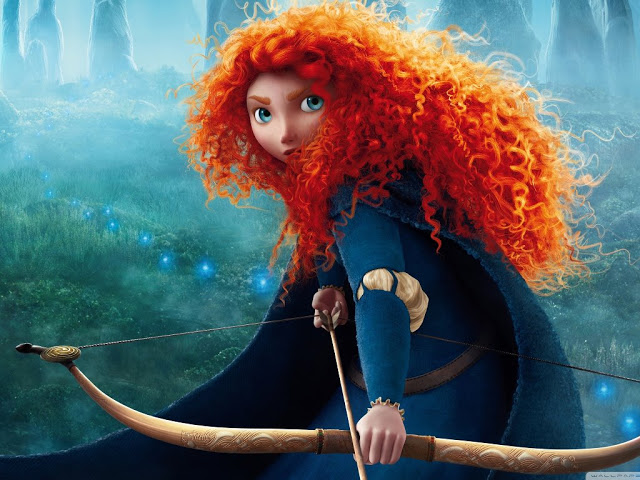
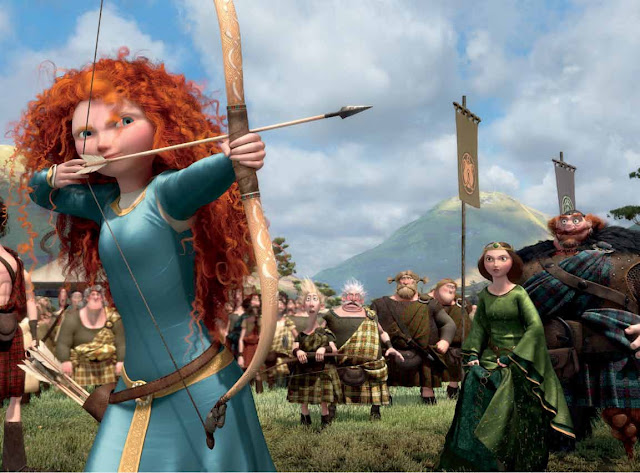
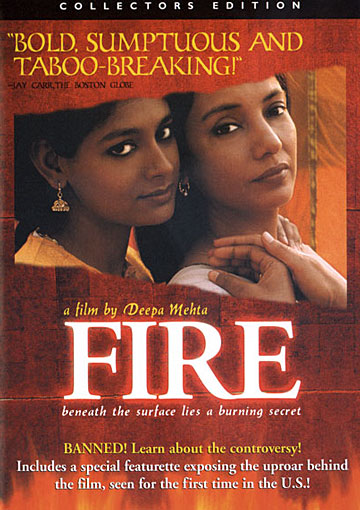

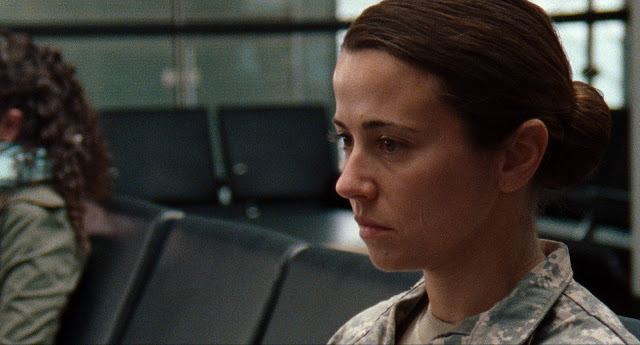

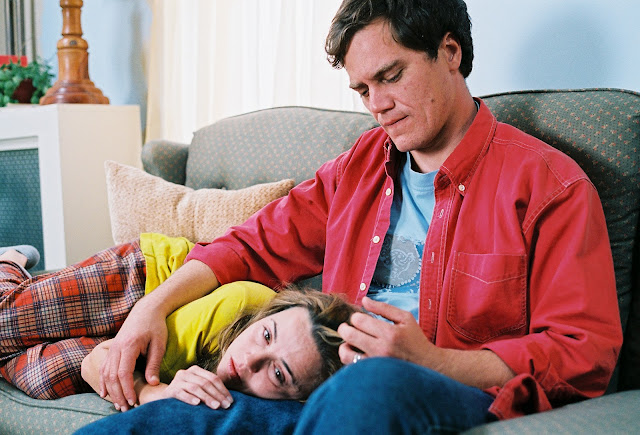

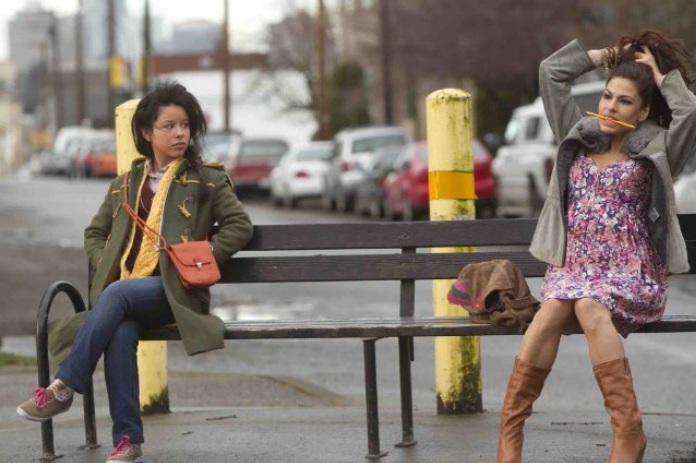



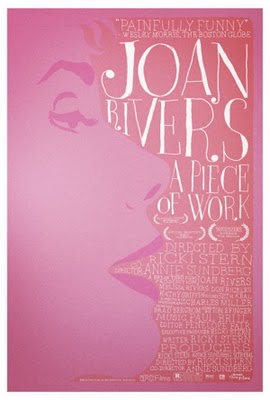

 ,
,  , and the forthcoming
, and the forthcoming 